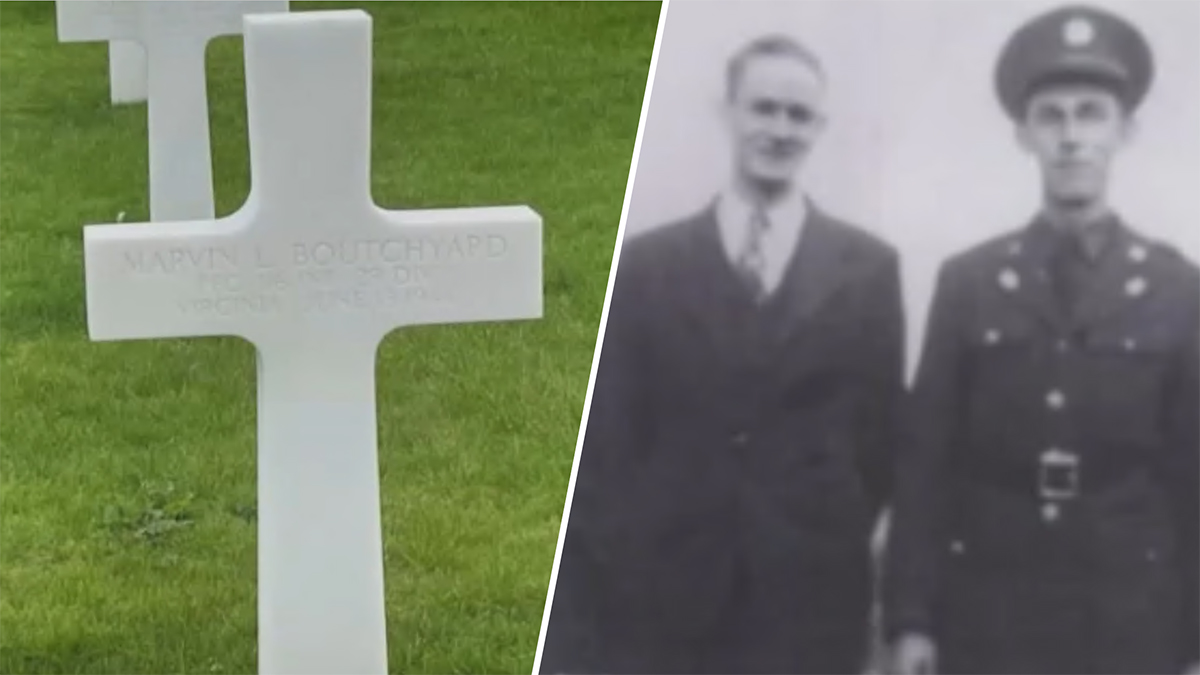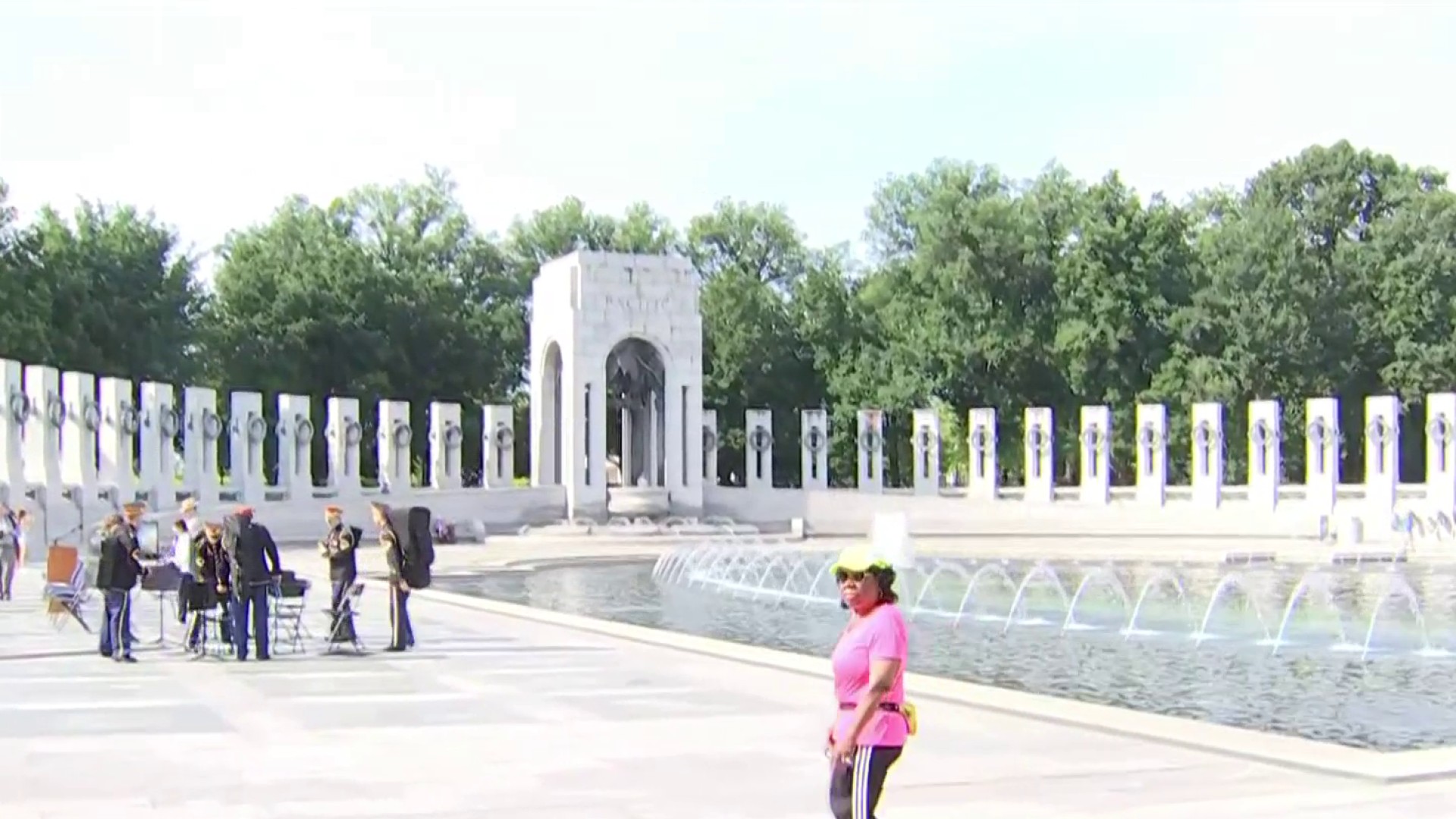Twenty years and more than 86 million visitors after its dedication, the national World War II memorial has become the focal point of observance of a pivotal point in history and the sacrifices it demanded.
"And it’s here because of the over 400,000 Americans who gave their lives in World War II and the many millions around the globe who were involved in that amazing fight for freedom and the defeat of genocidal evil," said Alex Kershaw, resident historian for the Friends of the World War II Memorial.
"There was a sense of patriotism that may never exist again," said veteran Dave Yoho. That's what drove him to enlist at just 15 years old.
"I falsified my birth certificate, went down to enlist in the U.S. Navy," he said.
We're making it easier for you to find stories that matter with our new newsletter — The 4Front. Sign up here and get news that is important for you to your inbox.
But recruiters were on to him and they sent him home.
"I came home and they were at my house. The police were at my house to tell my parents I’d been a truant," Yoho recalled.
Later, he was able to join the Merchant Marines. At 16, he was trained and assigned to a tanker ship.
"Never been on a ship, never saw the ocean, and I was assigned to my task in the engine room," he said.
Other young men also answered the call, including Frank Cohn, who was born in Germany and escaped at the age of 13 in 1938. Cohn arrived in New York 10 days before Kristallnacht, the German pogrom against German Jews.
He knew he had to enlist: "Oh, absolutely. I got a big burden I gotta repay," he said.
Harry Miller was another teen who fudged his age to fight. Orphaned at 13, the Army wouldn’t take him until he was at least 17½. So he "became" 17½.
"When I looked at pictures of myself, I don’t know how I convinced them," he said.
By the time he really turned 17, he was already a man tested in combat in the Battle of the Bulge.
"Everybody was scared along with me," he said. "We were there. We had to do something about it."
Until 20 years ago, there was no national place of observance of their sacrifice. Now the columns, the bas reliefs of battle and the stars for the fallen bring the survivors here. Those symbols tell us about ourselves as well.
"I would argue that it was the one time in American history, certainly in the 20th century, that we were the most united. National survival was at stake," Kershaw said.
"And let's not ever forget it. It's tough to remember," Yoho said. "You got all sorts of other things bothering you today."
But he’s still serving at events like this, at places like this to help see that we never forget: "This is my job," Yoho said.



